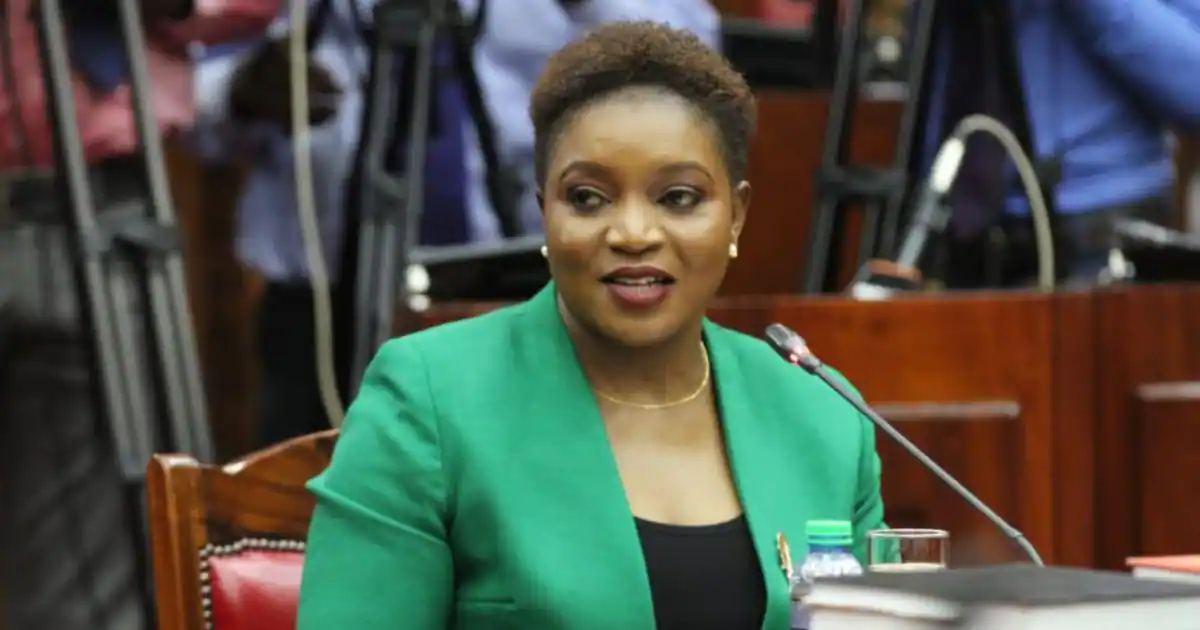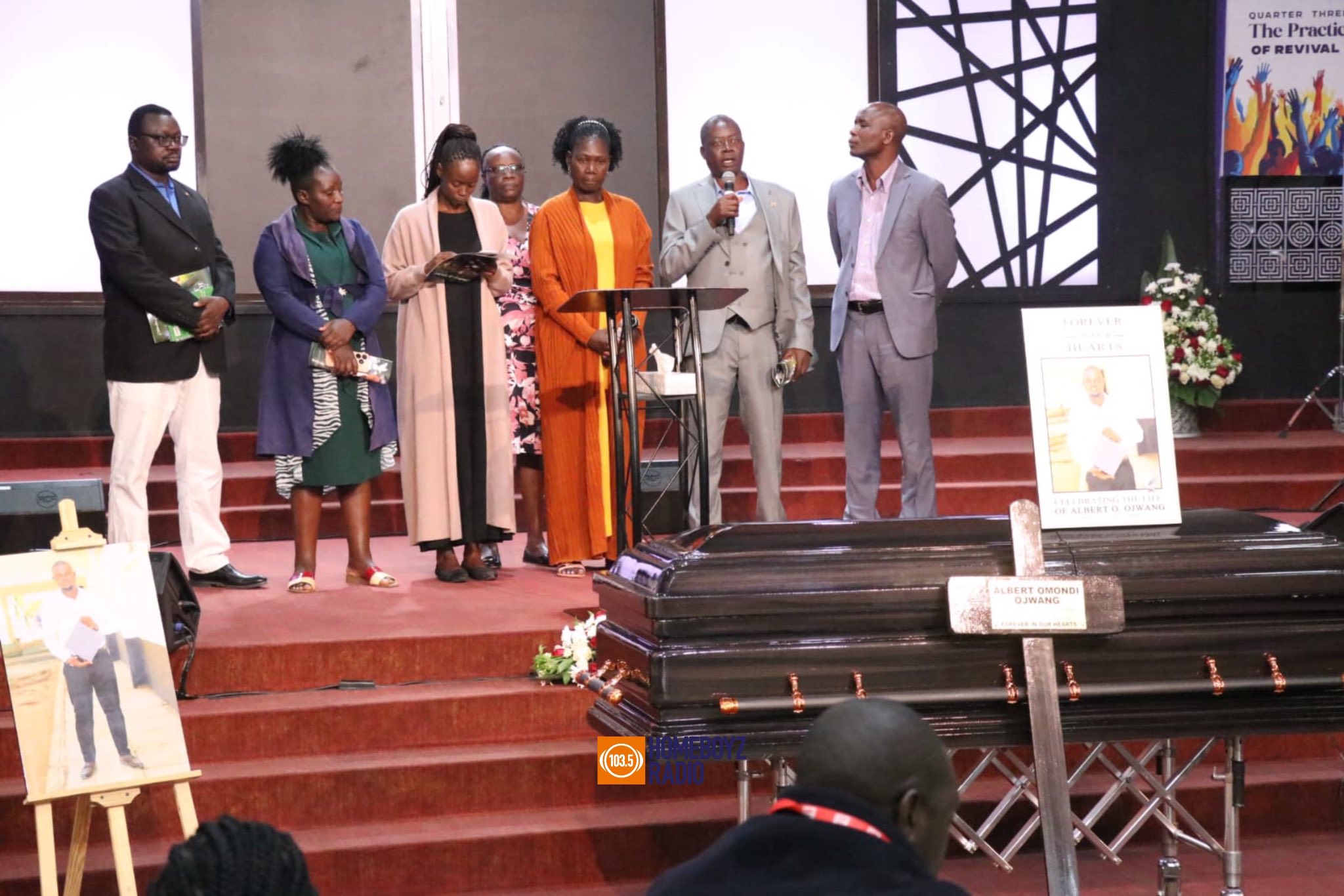Concerns Persist Over the Lack of Disability-Friendly Maternity Beds.

BY MARIONE FAITH
Within the country, women with disabilities continue to encounter obstacles when seeking maternal health services, primarily due to the scarcity of accessible facilities.
These concerns were highlighted in an initial report stemming from a facility assessment conducted in August. The assessment revealed that maternity facilities were a particularly challenging aspect of healthcare provision.
During her address to the Senate on Wednesday, Health CS Susan Nakhumicha acknowledged the substantial challenge in establishing maternity facilities that accommodate persons with disabilities in healthcare centers.
The facility census examined the presence of disability-friendly infrastructures, such as ramps/lifts, accessible washrooms, maternity beds suitable for individuals with disabilities, and the availability of wheelchairs. Out of the 5,811 facilities covered, 82 percent had at least one ramp, 54 percent had wheelchairs, 15 percent featured disability-friendly washrooms, and only seven percent had maternity beds equipped for people with disabilities.
Furthermore, the analysis disclosed that 80 percent of level six facilities and 42 percent of level five facilities had maternity beds suitable for individuals with disabilities, while merely 22 percent of level four facilities and eight percent of level three facilities possessed such accommodations.
CS Nakhumicha underscored the Ministry's commitment to collaborating with county governments to rectify the gaps identified during the assessment, thereby enhancing accessibility to high-quality care for all Kenyan citizens. Nonetheless, she recognized that achieving this objective would necessitate time and significant budget allocations.
"In terms of infrastructure, it is indeed insufficient for maternity services, and thus, we will work alongside county governments to address these deficiencies. Nonetheless, we must acknowledge that infrastructure development is a capital-intensive endeavor; it will not be an immediate or month-long process but rather a long-term undertaking requiring substantial financial resources," remarked the CS.
Despite the obstacles, a brief survey conducted by the Ministry in October 2022 revealed that certain counties have implemented measures to ensure access to health services for people with disabilities. For example, among the 97 health facilities surveyed, Moi Teaching and Referral Hospital (MTRH) offered sign language interpreters and motorized wheelchairs for staff and other personnel. Baringo County Referral Hospital directly served patients with disabilities, while Bungoma Hospital had staff members trained in sign language.
Kapsabet County Referral Hospital and Thika Level 5 Hospital had sign language interpreters in clinics and the Outpatient Department for the deaf, and other facilities provided Go-carts for transporting individuals with disabilities from the entrance.
Tags: Pwds Signstv Signs Tv Susan Nakhumicha Baringo County Referral Hospital Kapsabet County Referral Hospital Thika Level 5 Hospital Bungoma Hospital Moi Teaching And Referral Hospital


